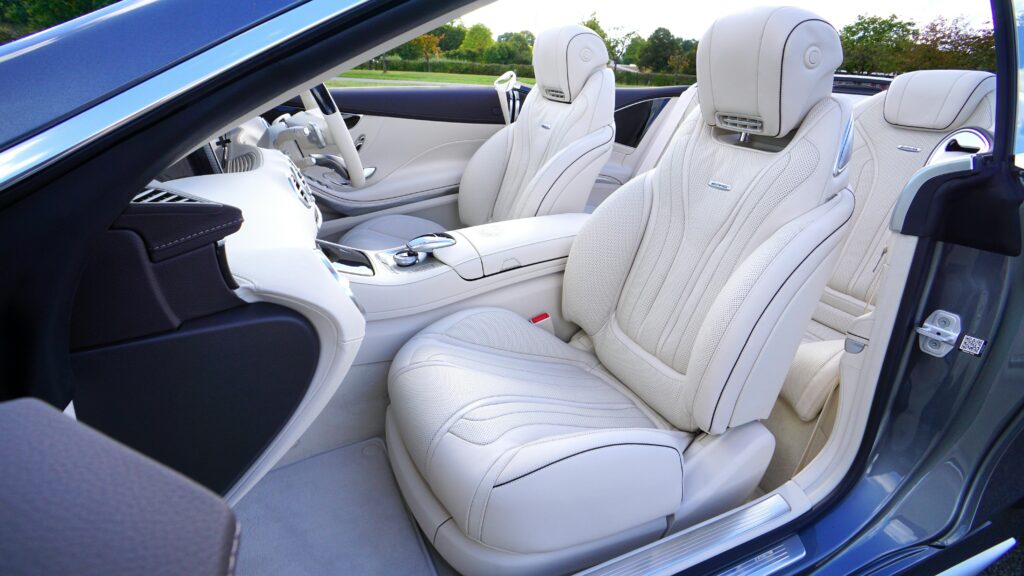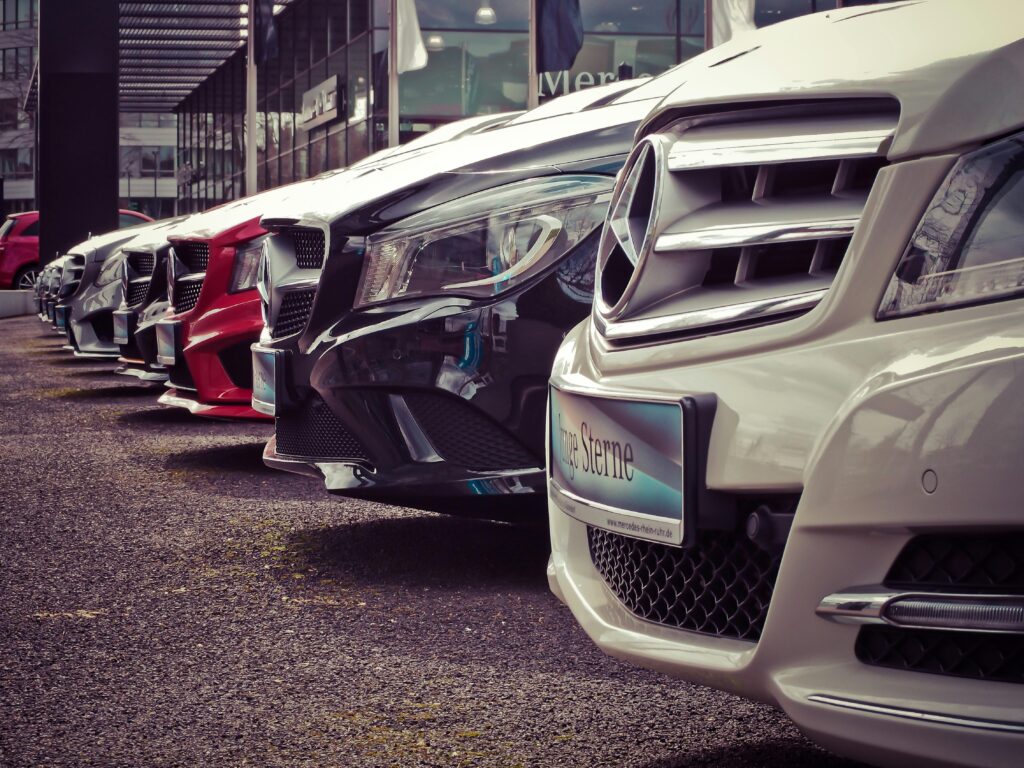Buying a car is a significant financial and personal decision. Choosing between a new car and a used car depends on your budget, needs, and preferences. Both options have their own set of advantages and disadvantages. This guide will explore the pros and cons of new and used cars, helping you make an informed choice.

Photo: Collected
Advantages of Buying a New Car
- Latest Technology:
New cars come with the latest technology, including advanced safety features, smart driving systems, and improved fuel efficiency. - Reliability:
A new car is less likely to have any defects or issues. Most new cars come with a warranty, ensuring peace of mind for several years. - Lower Maintenance Costs:
Since all parts are brand new, maintenance costs for the first few years are significantly lower. - Modern Design and Style:
New cars offer the latest designs, making them more appealing and trendy. - Zero Ownership History:
With a new car, you don’t have to worry about previous owners, accidents, or hidden issues.
Disadvantages of Buying a New Car

Photo: Collected
- Higher Purchase Price:
New cars are more expensive, which can be a financial burden for some buyers. - Depreciation:
A new car loses 20%-30% of its value as soon as you drive it off the lot. - Higher Insurance Costs:
Insurance for new cars is typically more expensive than for used ones.
Advantages of Buying a Used Car

Photo: Collected
- Lower Purchase Price:
Used cars are significantly cheaper than new ones, making them ideal for budget-conscious buyers. - Reduced Depreciation:
Used cars depreciate much slower than new ones, helping retain their value over time. - Lower Insurance Costs:
Insurance premiums for used cars are generally lower. - More Variety for the Same Budget:
With the same budget, you can explore more brands and models in the used car market. - Proven Performance:
You can check the car’s history and performance before purchasing to ensure reliability.
Disadvantages of Buying a Used Car

Photo: Collected
- Higher Maintenance Costs:
Used cars may require more frequent repairs due to worn-out parts. - Less Reliability:
Older cars have a higher risk of mechanical issues, which could lead to unexpected expenses. - Limited Warranty:
Most used cars don’t come with a warranty, meaning repair costs fall entirely on you. - Lack of Modern Features:
Used cars might not have the latest safety or technological features. - Time-Consuming Research:
You’ll need to thoroughly investigate the car’s history, including past ownership, accidents, and condition, before making a purchase.
Which Option is Right for You?
- Budget:
If you’re on a tight budget, a used car is a better choice. However, if you have the financial flexibility and want a hassle-free experience, go for a new car. - Usage:
If you plan to drive long distances or frequently, a new car is more reliable. For occasional use or city driving, a used car might suffice. - Maintenance:
A new car requires less maintenance, while a used car might need frequent repairs. Consider your ability to handle maintenance costs. - Technology and Safety:
If advanced technology and modern safety features are a priority, a new car is the way to go.
Conclusion
Both new and used cars have unique advantages and disadvantages. Your decision should depend on your budget, requirements, and ability to handle maintenance. While a new car offers modern features and reliability, a used car is cost-effective and practical for those on a budget.
Before making your purchase, do thorough research, compare options, and, if needed, consult an expert. The right decision will not only save you money but also ensure long-term satisfaction.



beautifull post